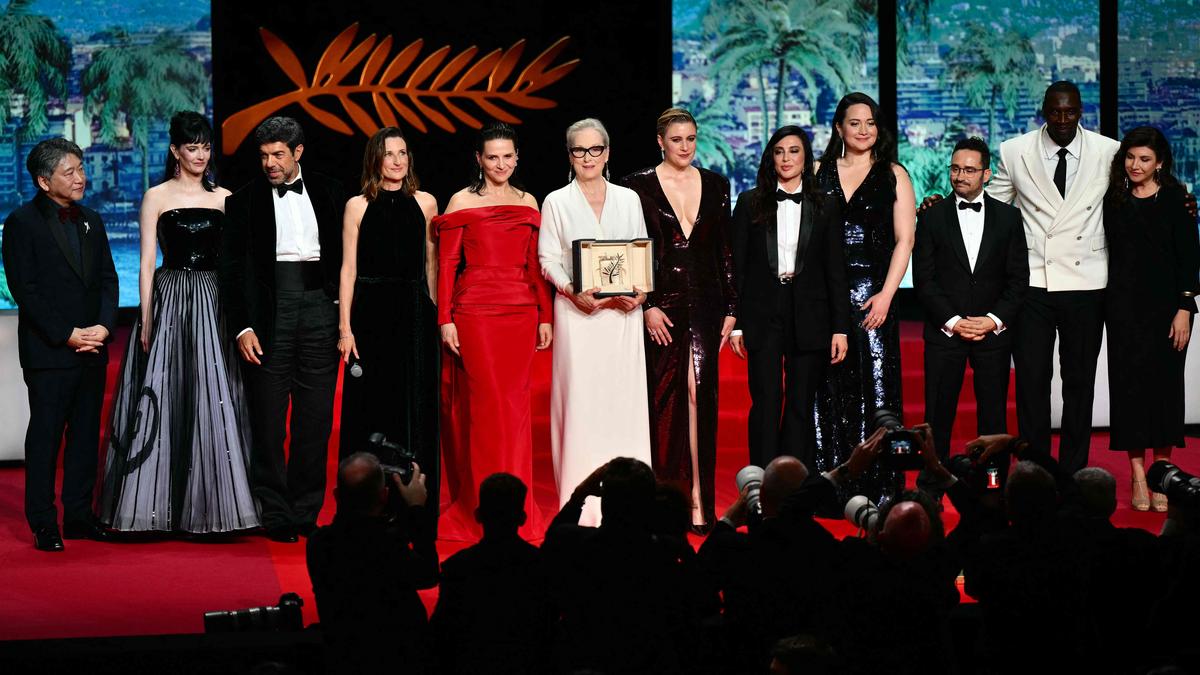
Festival de Cannes | Universal cinema
The Hindu
The Festival de Cannes, a prestigious celebration of cinema, showcases artistry and fosters collaboration among film-producing countries.
The world of cinema finds itself revolving around the Palais de Festivals hall in the quiet French Rivera city of Cannes every May when the Festival de Cannes opens its curtains. The longest-running celebration of films in the world, the festival aims at “encouraging the development of the cinematographic art in all its forms” and fostering a “spirit of collaboration between all film-producing countries”.
The brainchild of French writer and art critic Philippe Erlanger, the festival first took shape in 1939 in the months leading up to the outbreak of the Second World War. Erlanger was a member of the jury for the Venice Mostra in 1938, held in Italy under the rule of Benito Mussolini. Erlanger and other members of the jury were outraged with the Mostra when it went against the jury’s calls and awarded the Mussolini cup, the festival’s top prize, to Nazi propaganda film Olympia and Italian film Luciano Serra, pilota.
After leaving the Mostra vowing not to return, Erlanger contacted French authorities to set up a rival festival before the next Mostra, and the authorities took it as a state affair. After much planning, the festival was scheduled to open at the Winter Casino in Cannes on September 1, 1939. But fears of an imminent war forced the invitees to leave Cannes.
Germany invaded Poland on the day the festival was scheduled to begin, leaving authorities with no choice but to postpone. The declaration of war two days later meant the end of the first edition which only screened William Dieterle’s The Hunchback of Notre Dame in a private screening. The six-year war did not dampen Erlanger’s spirit, and the festival began again with its second first edition on September 20, 1946. “The world threw itself into this first festival in a state of near intoxication, under a sun that shone constantly”, Erlanger said of the festival.
Having been born under such dramatic fashion symbolising resistance to Fascism and growing along with the post-war Europe, Cannes festival soon became the meeting point of arthouse movies from around the world.
But Cannes got its reputation not from the countless masterpieces it premiered and screened year after year, but from a disrupted edition that was forced to shut down without completion. In 1968, while France was reeling under nationwide student protests, Jean-Luc Godard and Francois Truffaut, pioneers of French new wave cinema, led a group of directors and jury members to disrupt proceedings at Cannes in solidarity with the students.
“We are talking solidarity with students and workers, and you are talking about dolly shots and close ups,” Godard said, during the commotion, kicking off the perennial debate about the nature of cinema’s relation with society.











